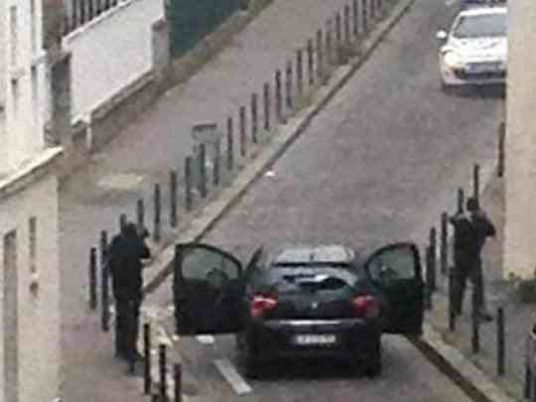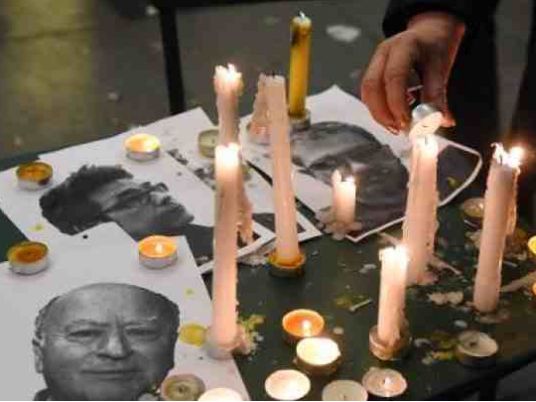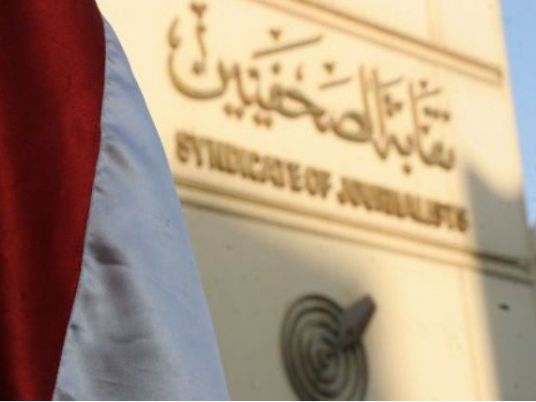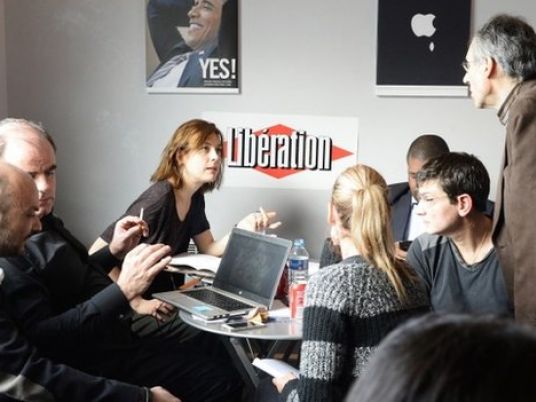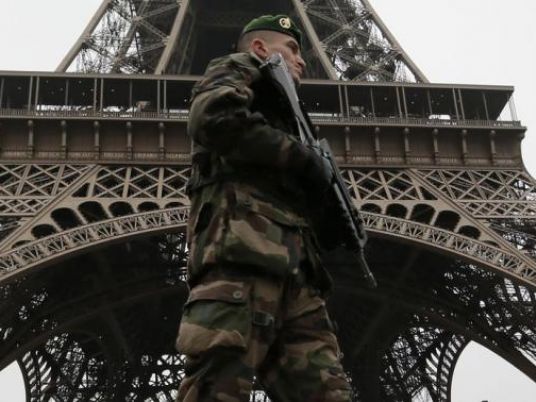
French police extended a manhunt on Thursday for two brothers suspected of killing 12 people at a satirical magazine in Paris in a presumed Islamist militant strike that national leaders and allied states described as an assault on democracy.
France began a day of mourning for the journalists and police officers shot dead on Wednesday morning by black-hooded gunmen using Kalashnikov assault rifles. French tricolour flags flew at half mast throughout the country.
Police released photos of the two French nationals still at large, calling them "armed and dangerous": brothers Cherif and Said Kouachi, aged 32 and 34, both of whom were already under watch by security services.
The journal Charlie Hebdo is well known for lampooning Islam and other religions, as well as political figures.
Islamist militants have repeatedly threatened France with attacks over its military strikes on Islamist strongholds in the Middle East and Africa, and the government reinforced its anti-terrorism laws last year.
Prime Minister Manuel Valls said France faced a terrorist threat "without precedent" and confirmed the two brothers were known to security services. But he added it was too early to say whether authorities had underestimated the threat they posed.
"Because they were known, they had been followed," he told RTL radio, adding: "We must think of the victims. Today it's a day of mourning."
A total of seven people had been arrested since the attack, he said. Police sources said they were mostly acquaintances of the two main suspects. One source said one of the brothers had been identified by his identity card, left in the getaway car.
Late on Wednesday an 18-year-old man, Hamyd Mourad, turned himself into police in Charleville-Mézières, some 230 kilometres northeast of Paris near the Belgian border as anti-terrorism police carried out searches in Paris and the northeastern cities of Reims and Strasbourg. French media quoted friends as saying he was in school class at the moment of the attack.
Cherif Kouachi served 18 months in prison on a charge of criminal association related to a terrorist enterprise in 2005. He was part of an Islamist cell enlisting French nationals from a mosque in eastern Paris to go to Iraq to fight Americans in Iraq and arrested before leaving for Iraq himself.
Cold blood
Video captured during the attack showed one of the assailants outside the Charlie Hebdo offices shouting "Allahu Akbar!" (God is Greatest) as shots rang out.
Another was seen calmly walking over to a wounded police officer lying on the street and shooting him with an assault rifle. The two men then climbed into a black car and drove off.
In another clip, the men are heard shouting in French: "We have killed Charlie Hebdo. We have avenged the Prophet Mohammad."
Charlie Hebdo (Charlie Weekly) has courted controversy in the past with satirical attacks on political and religious leaders of all faiths and has published numerous cartoons ridiculing the Prophet Mohammad. Jihadists online repeatedly warned that the magazine would pay for its ridicule.
The last tweet on its account mocked Abu Bakr al-Baghdadi, leader of the militant Islamic State, which has taken control of large swathes of Iraq and Syria and called for "lone wolf" attacks on French soil.
Around France, tens of thousands of people joined impromptu rallies and vigils on Wednesday night in memory of the victims – among them some of France's most prominent and best-loved political cartoonists – and to support freedom of speech.
Both the magazine's founder and its current editor-in-chief were among those killed in what emergency services called to the scene described as executions carried out at point-blank range.
"Freedom assassinated" wrote Le Figaro daily on its front page, while Le Parisien said: "They won't kill freedom".
On Thursday the highest state of alert was still in place, with tightened security at transport hubs, religious sites, media offices and department stores.
The last major attack in Paris was in the mid-1990s when the Algerian Armed Islamic Group (GIA) carried out a spate of attacks, including the bombing of a commuter train in 1995 which killed eight people and injured 150.

